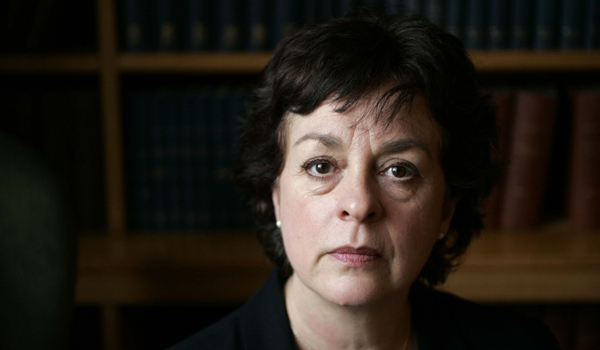Children blighted by care home criminalisation
Policing must understand the rejection felt by looked-after children to prevent unruly behaviour turning into a criminal record.
Policing must understand the rejection felt by looked-after children to prevent unruly behaviour turning into a criminal record. Figures from the Howard League for Penal Reform show young people aged 16-17 in childrens homes are 15 times more likely to be criminalised than others of the same age. Launching a two-year campaign, the charity has claimed opportunities are being missed to help young people because care home workers are too quick to call the police over their behaviour. It believes police officers and childrens home workers need to learn more about how a sense of rejection can lead to young people being criminalised. Chief Executive Frances Crook said: The criminalisation of children in residential care should be a national concern and the Howard League is working to address this issue with interested parties across the country from police forces to residential care providers and government agencies such as Ofsted. Challenging behaviour must be recognised for what it is. Childrens homes and police ought to respond sensitively so that children do not have their life chances blighted by an unnecessary criminal record. In 2013, the House of Commons Justice Committee reported concerns that childrens homes were calling police for minor offending and trivial incidents that would not usually come to police attention if they happened in a family home. The exact scale of looked-after children being criminalised is unknown, as care homes only have to report conviction data for residents who have stayed 12 months or longer. This makes it difficult to collect data because less than half of children who left care in 2015/16 were there for less than a year. The Howard League found 71 per cent of children who were criminalised in care last year had poor emotional or behavioural health, often sparked by abuse or neglect. The charity claims contact with the criminal justice system is often preceded by multiple incidents that have made the child feel rejected. These incidents may include frequently having to move between placement homes, changes of social workers or having to attend new schools. However, it found that being unnecessarily criminalised further compounds this sense that they are not wanted. These children need acceptance, stability, help and support, not criminalisation, it said. Over the next two years the Howard League will seek to clarify why so many children in care are criminalised and help police and homes find best practice to prevent this.


